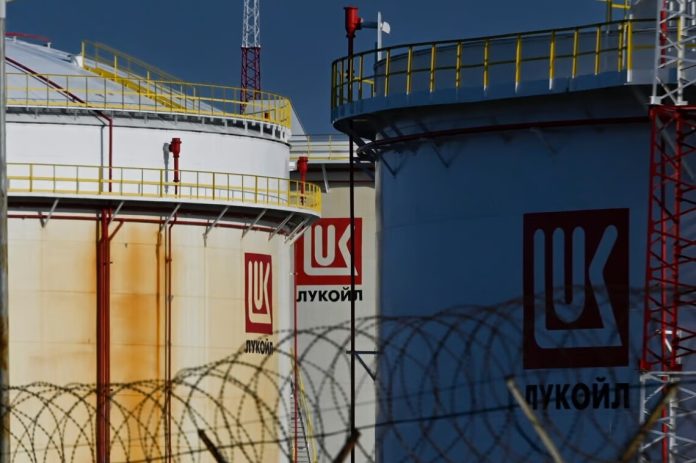Slovak Prime Minister Robert Fitzo accused Ukraine of termination of Russian oil transit after Lukoil was included in the sanction list. According to Fitzo, this sanction imposed in June led to stopping the supply of oil. Fitzo made these statements during a telephone conversation with the Prime Minister of Ukraine Denis Shmigal, but the Ukrainian press service did not confirm such negotiations.
Fitzo also noted that Slovakia does not want to be a hostage to Ukrainian-Russian relations and condemned sanctions as harmful to EU countries more than Russia. He repeatedly expressed his commitment to the Kremlin and criticized the sanctions imposed on the EU against the Russian Federation, despite the fact that oil supply is not subject to pipelines under these restrictions. The EU has a plan for complete abandonment of Russian resources by 2027, for which more than a billion euros have been allocated for modernization and construction of new oil pipelines.
Hungarian Foreign Minister Peter Siyarto also accused Ukraine of termination of oil transit in June, making a statement after meeting with Russian colleague Sergei Lavrov. Siyarto threatened Ukraine with international lawsuits, emphasizing that Ukraine's actions are at risk of supplying oil to Hungary and Slovakia, which are members of the EU.
Hungary is critical of Russian oil, which is 70% of its supply. Due to this, Hungary has some of the lowest fuel prices in the EU and can overlap the budget deficit. The Kremlin receives considerable profits from Hungary, even after the start of a full -scale war.
Slovak and Hungarian statements often contradict each other. Russian oil suppliers deny a complete stop of transit, indicating only a decrease in volume. The Slovak Company TransPetrol reported to stop the fuel from Lukoil. However, according to Naftogaz, new sanctions have not affected the oil transit, and volumes remain unchanged.


